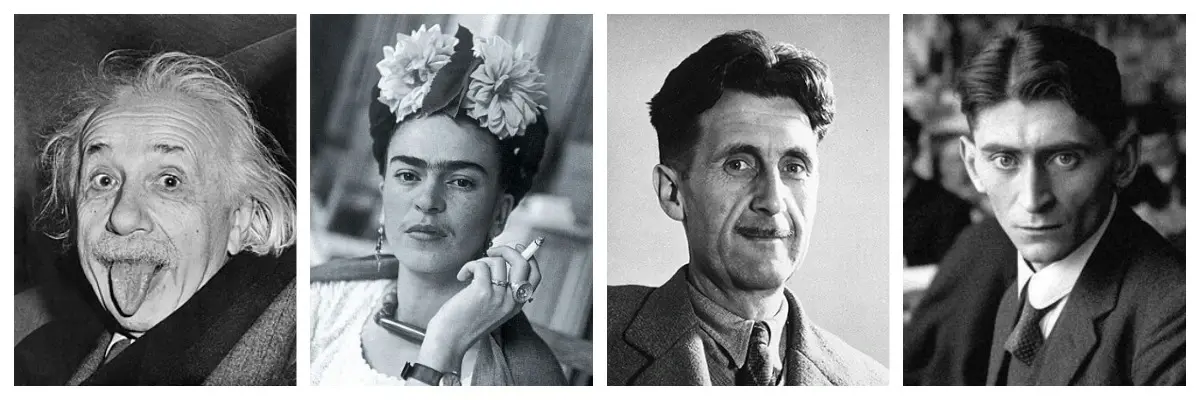 A new has been identified by American psychiatrist Rami Kaminski. The otrovert differs from both introverts and extroverts, harmoniously coexisting with their internal contradictions.
A new has been identified by American psychiatrist Rami Kaminski. The otrovert differs from both introverts and extroverts, harmoniously coexisting with their internal contradictions.
Before discussing the key differences of this type, it’s important to remember that cherish solitude and their inner world, spending most of their time there. In contrast, extroverts thrive on social interactions and enjoy engaging with both familiar and unfamiliar people.
As for otroverts, they can easily fit into social settings, yet they don’t necessarily need them.
Dr. Kaminski shared with Daily Mail: “In simple terms, an otrovert is someone who doesn’t feel a sense of belonging to any group. However, otroverts are very friendly and capable of forming deep connections with individual people.”
Otroverts tend to be more creative, free-thinking, and resourceful than most people. Among the notable figures of this type, Dr. Kaminski mentioned Albert Einstein, , , Franz Kafka, and Virginia Woolf.

How else can you identify otroverts?
According to , one of the key social distinctions of otroverts is their “lack of connection with groups.” These individuals do not have emotional ties to group identities, symbols of belonging, or shared rituals.
When invited to public events, otroverts are more likely to find themselves off to the side, engaging in a deep conversation with someone rather than mingling from guest to guest.
Other signs of otroverts include a dislike for team sports, difficulty in understanding social and religious rituals, and a preference for working alone.
Dr. Kaminski states: “Otroverts realize early on that they feel like outsiders in any group. This is true even when the group consists of their close friends.”
Indeed, otroverts are not necessarily antisocial. According to Dr. Kaminski, they can form deep bonds with those they feel close to.
So, while otroverts may not be interested in relationships with the group as a whole, they can communicate very well with individual members.
Moreover, otroverts typically do not fear being disregarded or excluded from a group. Why should it be a problem if they can find solutions to complex situations on their own when others cannot?

So, how can you tell if you are an otrovert?
Dr. Kaminski asserts that people usually realize from a young age that they are otroverts.
They feel like outsiders in any group. This feeling persists even when the group consists of their close friends.
Team spirit, social, or any other rituals feel foreign to them.
Otroverts are creative, free-thinking, and resourceful. They enjoy working in solitude.
They are friendly and capable of forming deep connections with individual people.
Photo: pexels.com
